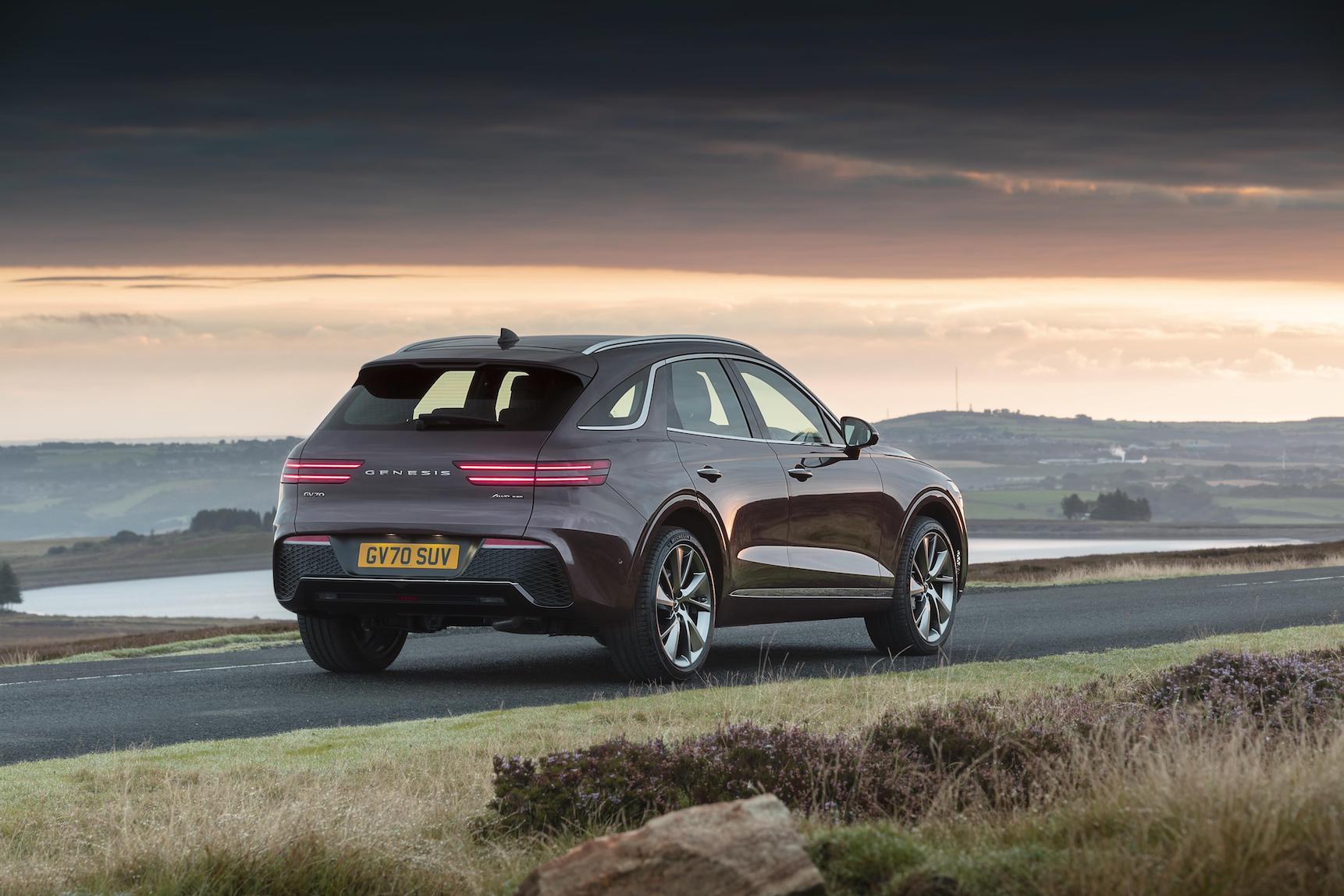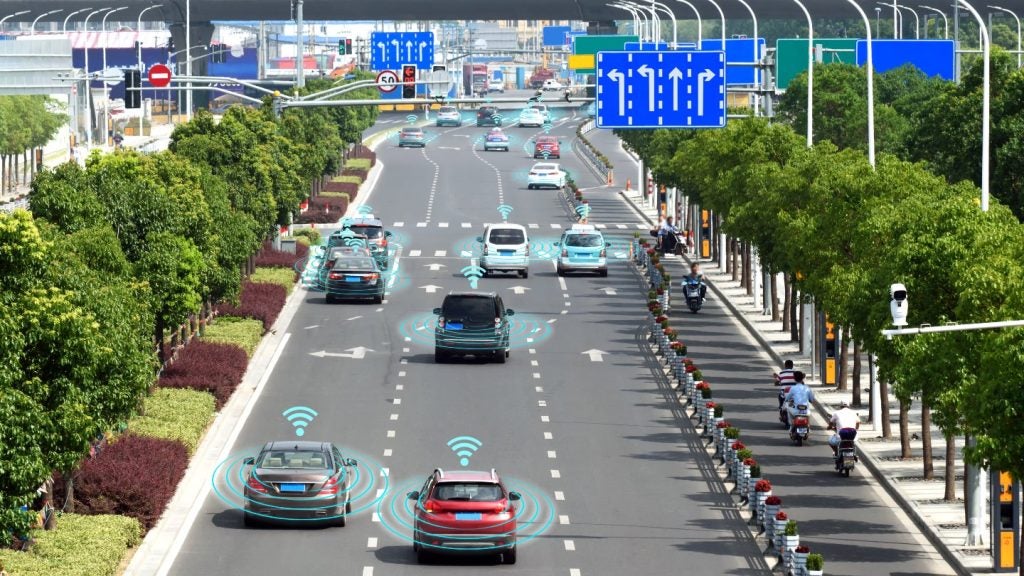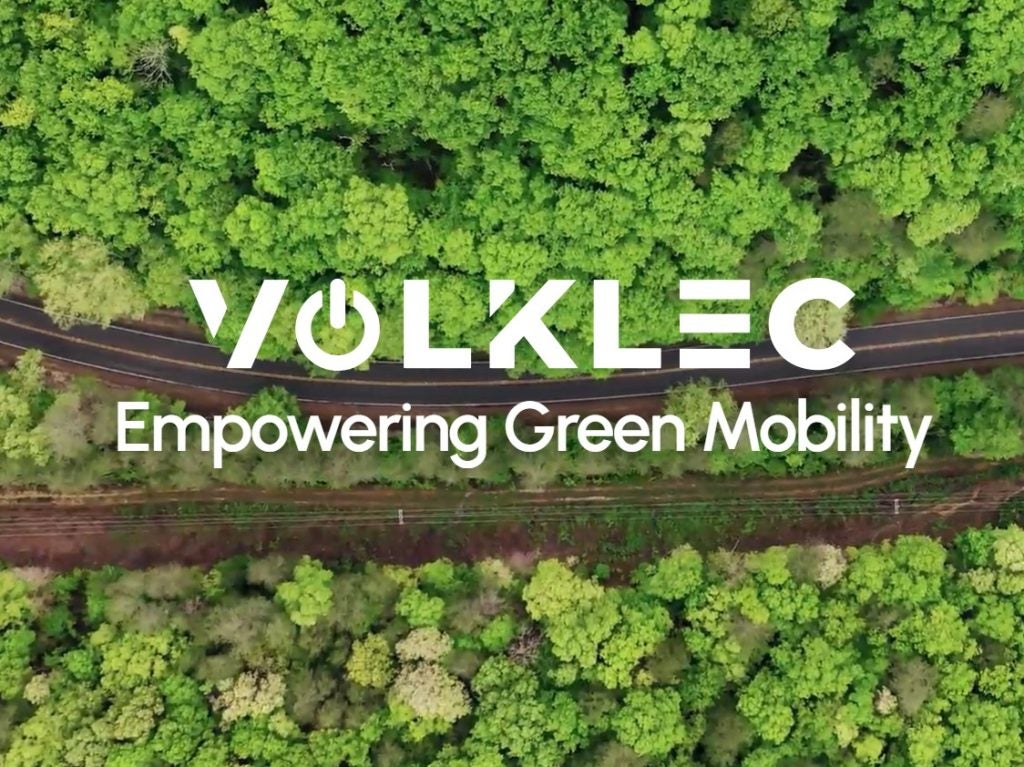
Hyundai’s luxury brand promises to launch only electric vehicles from 2025, ahead of being EV-only by 2030. As we know, a battery vehicle doesn’t suit everybody’s circumstances, even when there are tempting reasons to buy or lease one. Which is why Genesis continues to offer – for now – two alternatives to the Electrified GV70.
The brand’s five-seat SUV has been a good seller in its main markets of South Korea and the USA. In Britain, volume remains small yet the marque’s overall performance has improved dramatically in 2023. That’s thanks to awareness, the addition of extra models and, it has to be said, the sheer appeal of the cars and SUVs.
Soon to outsell Alfa Romeo in Britain?
With the logo making many casual observers think of Bentley when they see it, perhaps it’s fitting that Genesis has just surpassed the British make’s sales year-to-date (1,188 compared to 1,168). Far from high numbers, granted, yet it’s a good result in a tough UK market. Alfa Romeo (1,250 from 1 Jan-31 Oct) might be next, maybe even as soon as totals for November are reported in a few weeks’ time.
Let’s keep things in perspective, however, as Genesis is a million miles behind the German big three premium brands. It also hasn’t yet caught SsangYong (1,417 YtD), a name that also barely registers with the British public.
Genesis’ rise has been dramatic worldwide, the millionth vehicle having recently been sold. That, from a debut which dates only to November 2015. To be clear, this applies to the launch of the name as a separate division rather than the original Hyundai Genesis sedan.
How well do you really know your competitors?
Access the most comprehensive Company Profiles on the market, powered by GlobalData. Save hours of research. Gain competitive edge.

Thank you!
Your download email will arrive shortly
Not ready to buy yet? Download a free sample
We are confident about the unique quality of our Company Profiles. However, we want you to make the most beneficial decision for your business, so we offer a free sample that you can download by submitting the below form
By GlobalDataDue to the strength of the car’s performance in South Korea, the G80 leads the way as the global best seller, followed by the GV80 and then the GV70. The last of these three is more suited to the size preferences of European buyers, going up against the big-selling Audi Q5, Mercedes GLC and BMW X3.
A whisper-quiet diesel
While diesel vehicle sales aren’t exactly setting the sales charts alight, there is still a large minority of people out there who prefer this fuel, at least for the time being.
When it comes to refinement, HMG’s 2,151 cc engine is one of the best four-cylinder diesels out there. In the GV70, it’s tuned to produce 148 kW and 440 Nm, drive going to both axles via an eight-speed torque converter auto gearbox.
Anyone who is yet to drive a Genesis model will discover just how much effort has gone into tuning the steering and suspension. It’s no exaggeration to state that the GV70 2.2d can be hustled along twisty roads, providing a lot of driving satisfaction. The smaller GV60 is just as good too, as is the Electrified GV70.
Luxurious interior and lots of space
If it feels BMW-like in the steering and springing, then the interior is even more of a treat. I much prefer what Hyundai Motor has done in that this feels every bit the luxury car. Not something you can always say now about an Audi, BMW, Mercedes or Volvo, such is the near-obsession with large screens dominating the dashboard and front seat occupants’ attention. As the Europeans have ditched the tactility and civility they were once so great at, these canny Koreans have, opportunistically, reinvented it.
No matter what you touch or where you look, the GV70 is a treat for the fingers and eyes. Dashboard, steering wheel, door cards, seat materials, headlining and colours are all highly appealing. Arguably even more importantly, instrumentation is large and clear, Lane Keeping Assist is deactivated via one push of a real button, the HVAC system has a series of keys and dials, and the dash-top screen is just the right size.
Key statistics
How about the important statistics? No Genesis model is bargain-priced but this one is really good value, particularly against so many EVs from non-premium brands. Pricing for the diesel starts at GBP42,370, top speed is 133 mph, 0-62 mph takes 7.9 seconds, Combined consumption is 41 mpg and average CO2 is 189 g/km. And the icing on the cake? Buy a GV70 2.2d (or any Genesis) and people will tell you what a beautiful car you’ve just stepped out of. Then ask you what it is.
What’s coming next?
A facelift for the GV80 and the addition of a fastback SUV alternative called GV80 Coupé are due here in 2024, having been revealed during the summer. Powertrains for the UK, Switzerland and Germany – Genesis’ three European markets – are yet to be confirmed but neither an EV nor a diesel will be offered.
In North America and South Korea, the facelift brings with it two powertrains, and a third for the new Coupé. These are a 225 kW and 420 Nm 2.5-litre four-cylinder turbo or a 285 kW and 530 Nm PS 3.5-litre V6 with 48V electrics and and electric turbocharging. Marking the GV80 Coupé out as a higher-priced separate vehicle, Hyundai has chosen to further offer it with a 310 kW and 550 Nm version of the V6.
There will likely also be a facelift for the GV70 in 2024 as well as model year changes for other vehicles. The bigger news comes in 2025, which is when what should be badged GV90 is revealed. That will be a full-sized electric SUV which enters production in February 2026 as Hyundai Motor Group’s third vehicle for eM, an electric-specific architecture (the first two will be the Hyundai Ioniq 7 and Kia GT1).
Hyundai recently broke ground on a 200,000 EVs per annum plant at a site beside its existing Ulsan factories. The company confirmed too that an eM platform Genesis will be the first vehicle for Ulsan Six, commencing in the first quarter of 2026.







